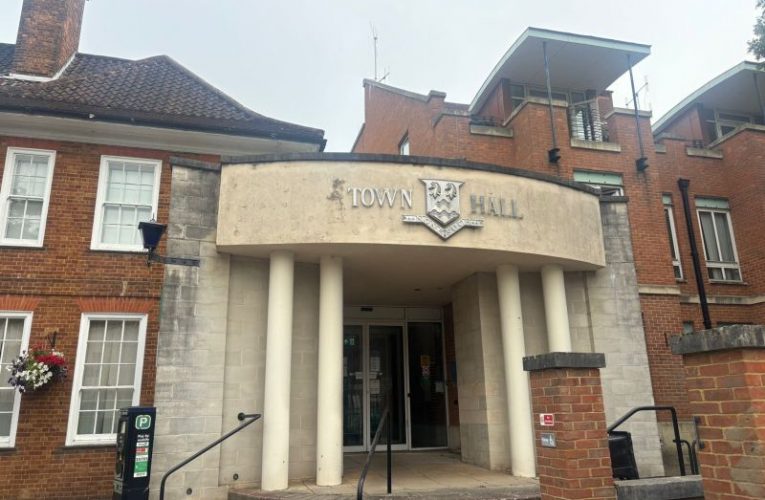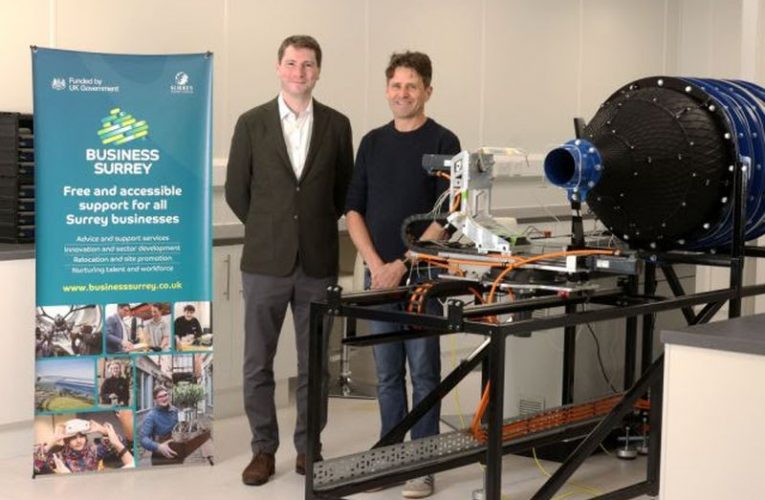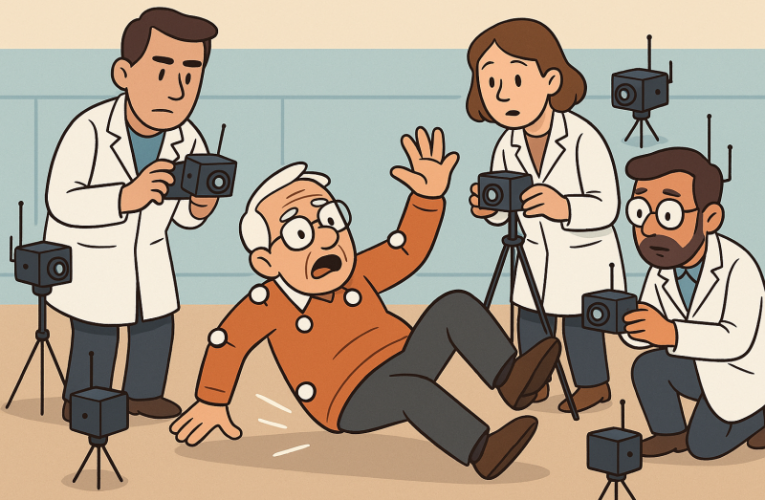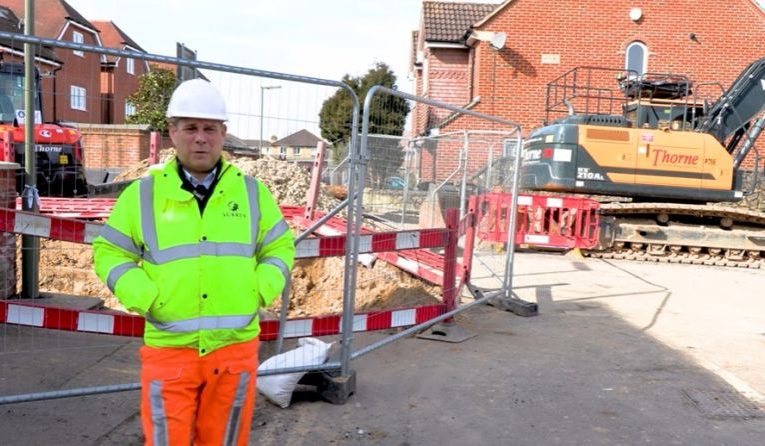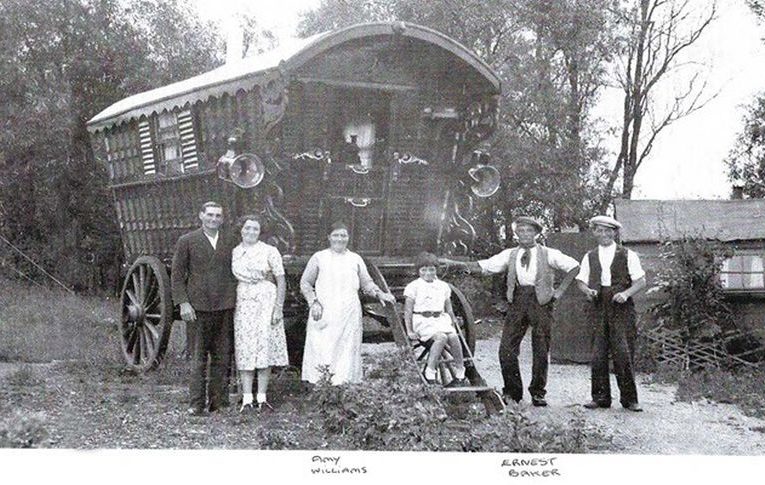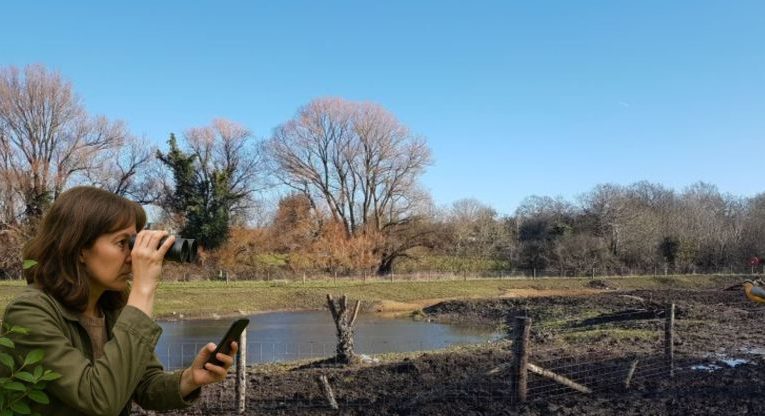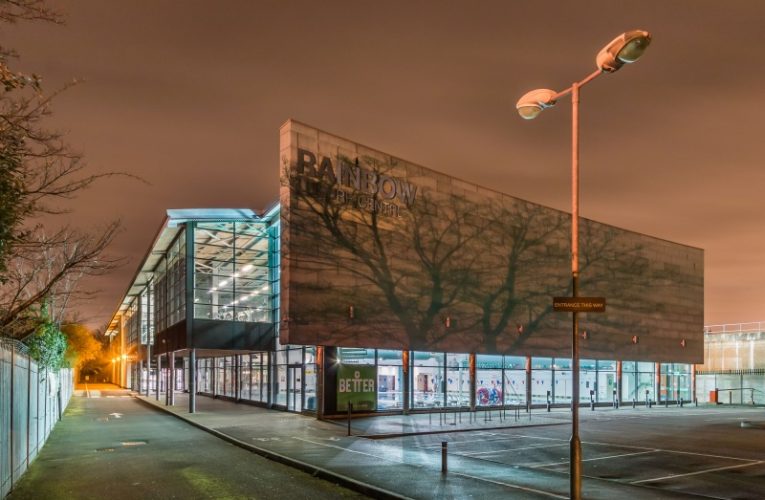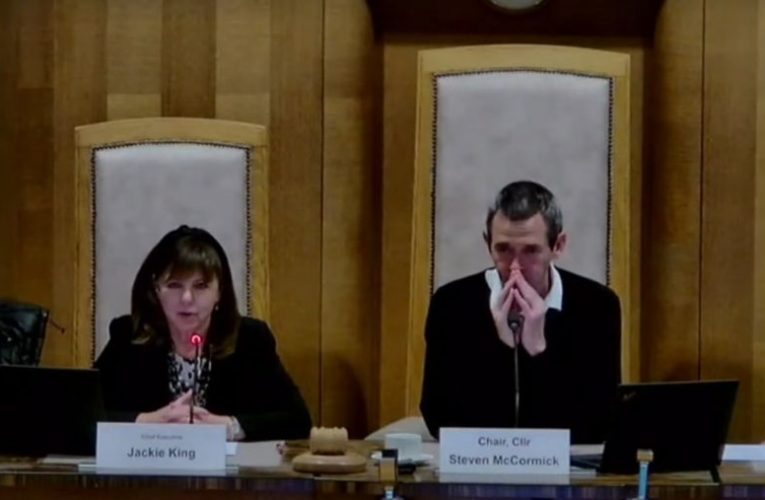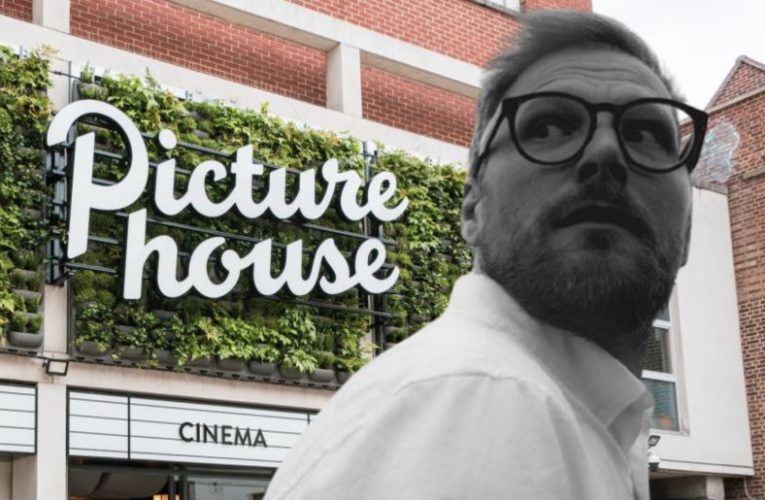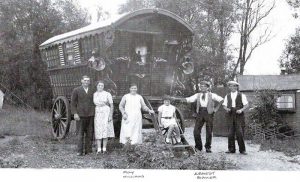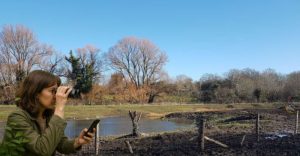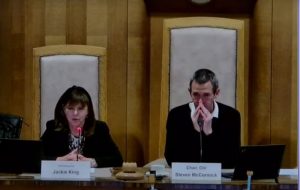Handmade in Epsom and Ewell (HiEE) will hold its first community event, The Festive Makers Fair, on Saturday 29th November 2025 from 10am to 3pm in the Youth Hall at Epsom Methodist Church, Ashley Road (KT18 5AQ).
The fair will offer an affordable platform for local artisans to showcase their handmade products while supporting a vital community cause. All proceeds from the event, apart from stallholder sales, will be donated to Epsom Foodbank.
HiEE was founded by a group of local makers keen to create a space where craftspeople from within the borough can share their work and at the same time raise funds for charity. The organisers are particularly encouraging new makers to take part, alongside some of the area’s more established names.
Visitors will find a range of handmade gifts and festive items including soaps, ceramics, upcycled furniture, art, jewellery and metalwork, all produced in Epsom and Ewell. Prices will range from pocket-money treats to larger special gifts. Twenty-two local makers are already confirmed, including Annette’s Gemstones Jewellery, Bird & Bear Soaps, Colour and Sparkle, EpsomPots, H for Handmade, Martha Moon Creations, Surrey Woodcraft and Wadey Smithing.
Adding to the festive spirit, The AMP Voices choir from Nescot College will perform in the Roots Coffee Shop at the Methodist Church, which will be open for refreshments and cakes throughout the day.
All funds raised from event profits and entrance donations will go directly to Epsom Foodbank. Entry is by a suggested £1 donation. Attendees are also invited to bring non-perishable food items for the foodbank’s Christmas drive. A list of items particularly needed can be found at epsomewell.foodbank.org.uk/give-help/donate-food.
Organiser Janice Heyes said: “We really hope the Epsom and Ewell community will support this event which is taking place right in the heart of town. Shoppers will find unique handmade Christmas gifts made with care and passion while giving something back via the Epsom Foodbank. This really is an event run by the community for the community.”
The event is being coordinated by volunteers Imogen Curran, Janice Heyes, Jo Jones and Helen Worwood, supported by local craftspeople and small businesses. The group hopes that this first fair will be the start of an annual tradition, with future events expanding the initiative’s reach and community impact.
For more information visit www.handmadeinepsomandewell.co.uk or follow @Handmadeinepsomandewell on Facebook and Instagram. Enquiries can be sent to handmadeinepsomandewell@gmail.com.
Event details
Date: Saturday 29 November 2025
Time: 10am–3pm
Venue: Epsom Methodist Church, Ashley Road, KT18 5AQ
Admission: Suggested £1 donation
Parking: Please walk, use public transport, or park in town centre car parks. Limited on-site parking for Blue Badge holders only.








